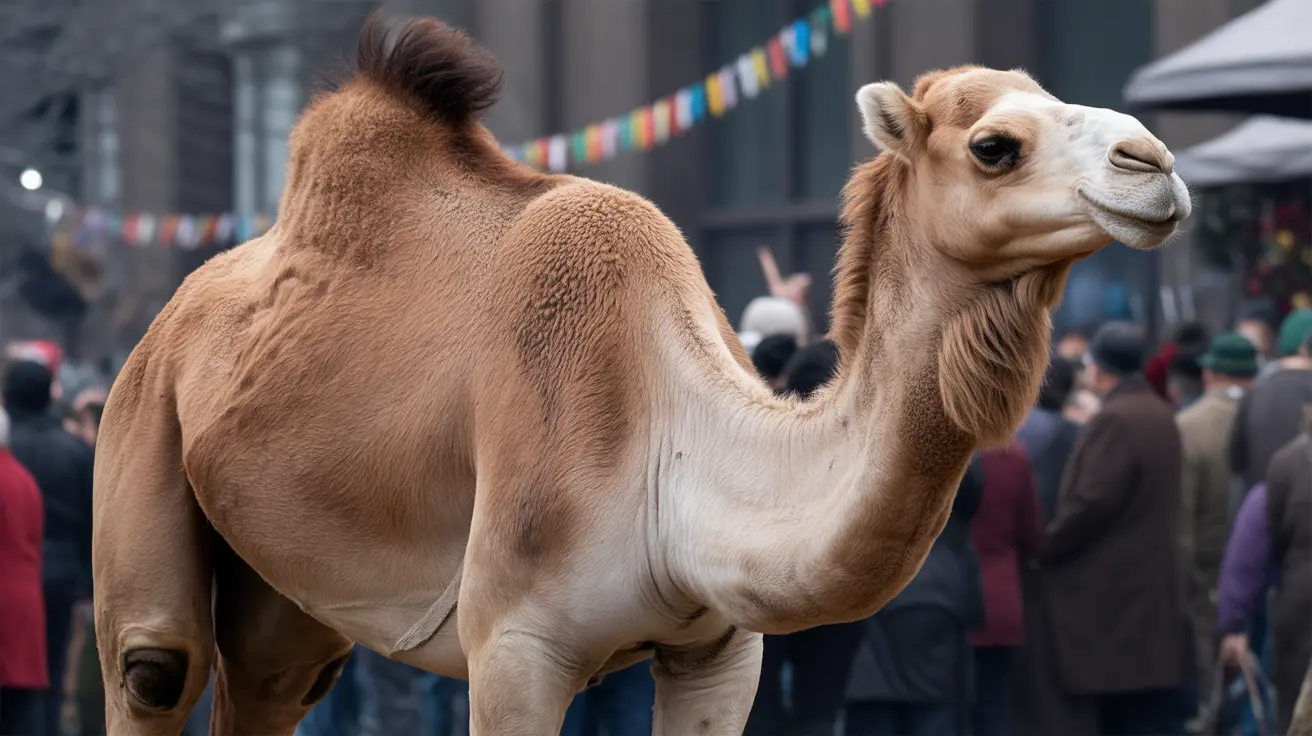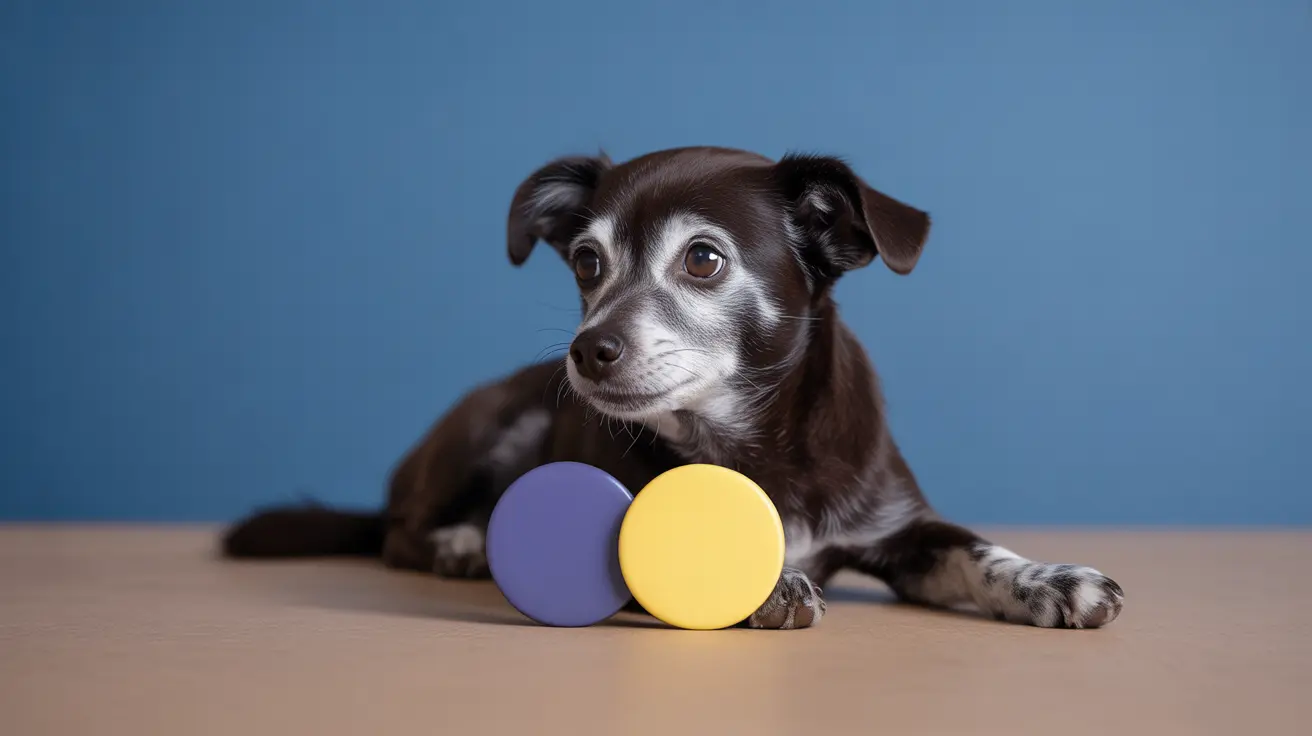Do Cats Get Attached to One Person?
It’s a common belief that cats are aloof and independent, but ask any devoted cat owner and they’ll tell you a different story. The truth is, cats can and do form strong emotional bonds with humans, often developing a preference for one specific person in their household. This behavior is shaped by a mix of socialization, genetics, routine, and individual cat personality.
Understanding Feline Attachment
Cats are social creatures in their own way. Unlike dogs, their social behaviors can be subtle, but nonetheless meaningful. Research has shown that cats display attachment styles similar to human infants and dogs. In particular, many cats form secure attachments to their caregivers and seek them out for comfort, especially in unfamiliar situations.
Why One Person? Much like people, cats are individualistic. They may gravitate toward the person who:
- Feeds them consistently and on time
- Engages with them through play and affection
- Respects their boundaries and understands their body language
- Provides a calm, predictable environment
Cats also tend to bond more strongly with people who have a softer voice, gentler movements, and who allow the cat to initiate interactions.
Signs Your Cat is Attached to You
If you're wondering whether your feline friend has chosen you as their preferred human, here are some signs to watch for:
- Follows you from room to room
- Brings you 'gifts' like toys or, in some cases, prey
- Kneads your lap or sleeps on you
- Initiates headbutts, purring, or slow blinking
- Gets anxious when you're away or greets you eagerly when you return
Does Breed Matter?
Some breeds are known for being more people-focused and affectionate. For example:
- Siamese: Highly vocal and emotionally expressive, they often bond deeply with one person.
- Ragdoll: Docile and relaxed, they enjoy being held and tend to follow their favorite person closely.
- Maine Coon: Friendly and intelligent, they become loyal companions to those who earn their trust.
However, breed isn’t the only determining factor. Stray or shelter cats often form deep, lifelong bonds with the people who rescue and care for them.
Cultivating a Strong Bond with Your Cat
To build or strengthen your relationship with your cat:
- Follow a Routine: Cats thrive on stability and predictability.
- Engage Daily: Use toys, puzzles, and playtime to stimulate your cat's body and mind.
- Respect Their Space: Let your cat come to you and learn to read their signals.
- Offer Verbal Praise: Talk to your cat in a soothing tone to encourage comfort and familiarity.
- Be Patient and Consistent: Trust is earned over time through gentle and consistent behavior.
Attachment Doesn’t Equal Neediness
It’s important to distinguish between attachment and dependence. Even attached cats can be independent, enjoying their alone time while still cherishing interactions with their favorite human. Some may follow you around the house, but resist being picked up. That doesn’t mean they don't love you—it just means they show it differently.
Cats Grieve Their Humans
One of the most profound signs of emotional attachment is how cats react to the absence of their chosen person. Cats can experience grief and depression when their owner is gone for extended periods or passes away. They may withdraw, lose their appetite, or change their sleeping habits.
A Lifetime of Loyalty
When a cat chooses you, it's a quiet, heartfelt commitment. Whether it’s curling up beside you during stressful times or offering a headbutt as you sip your morning coffee, these small acts are part of a strong emotional connection.
Conclusion
So, do cats get attached to one person? Absolutely. While every cat is different, many form deep, lasting bonds with a single individual who earns their trust and provides love in a way that resonates with them. Understanding and nurturing this connection can lead to a truly special relationship that enriches both your lives.





